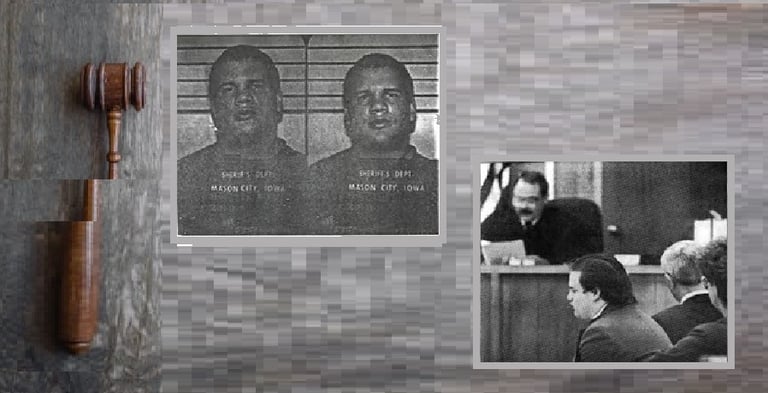Flawed Justice


The Failure of Public Defenders
In the United States, the justice system is often perceived as a pillar of fairness and equity. However, this perception crumbles when we examine the plight of those who have been falsely accused and subsequently convicted. One of the most glaring issues is the performance of public defenders. Many individuals have found their public defenders woefully inadequate, failing to present crucial evidence that could prove their innocence. When questioned, these defenders often cite 'trial strategy'—a term that has become a convenient excuse for inaction. Unfortunately, this lack of advocacy results in wrongful convictions, with no recourse for the accused.
The Illusion of a Fair Trial
The concept of a 'fair trial' is enshrined in the American justice system, but how fair is it for those who are falsely accused? Once convicted, the opportunity for a retrial is virtually nonexistent. The courts operate on the principle that every defendant only gets one fair trial, regardless of whether that trial was genuinely fair. This principle essentially silences any claims of innocence that arise after the initial conviction, forcing the falsely accused to live with the consequences of a flawed trial.
Appellate Courts: Redefining Fairness
Appellate courts are supposed to serve as a safety net for those who believe their trial was unjust. However, in practice, these courts often become another obstacle. Instead of thoroughly reexamining the case, appellate courts focus on finding case law that justifies the original trial's fairness. They dissect every claim made by the appellant, often redefining the meaning of 'fair' to align with their findings. This process leaves little room for genuine reconsideration of the evidence or the possibility of a wrongful conviction.
Need for Reform
The current state of the justice system highlights an urgent need for reform. Public defenders should be held accountable for their performance, ensuring that every defendant receives adequate representation. Additionally, the concept of a 'fair trial' needs to be revisited, allowing for the possibility of retrials in cases of false convictions. Appellate courts must prioritize justice over procedural technicalities, ensuring that every claim of innocence is given the serious consideration it deserves.
The justice system's failure to protect the falsely accused is a grave injustice that demands immediate attention. Reforming public defense, redefining fair trials, and overhauling the appellate process are crucial steps in creating a more just and equitable system. Only then can we begin to restore faith in the justice system and ensure that it serves all individuals fairly.

